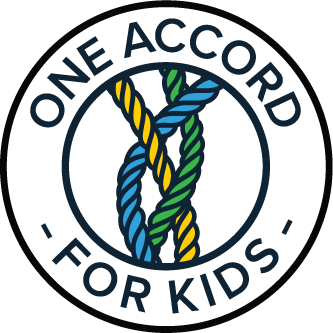Foster Care and Child Welfare Week in Review – June 5, 2023
Here are some news items from last week related to foster care, adoption, and child welfare that caught our eye:
The foster care system in West Texas is undergoing a significant transformation as it prepares to transition to community-based care. Under this new model, nonprofit organizations will work alongside Child Protective Services (CPS) to provide support and resources to foster children and their families. The aim is to create a more stable and nurturing environment for children by keeping them closer to their communities and families. This transition is expected to enhance collaboration and improve outcomes for children in the foster care system. Nonprofits and CPS will work together to recruit and train foster families and ensure children receive the care they need.
The foster care system in West Texas is undergoing a transformative change towards community-based care. Child Protective Services (CPS) and local nonprofit organizations are joining forces to provide better support for foster children and their families. This collaborative effort aims to create a more stable and nurturing environment by keeping children closer to their communities. The transition involves the recruitment and training of foster families in partnership with CPS to ensure the children’s needs are met effectively. By shifting to a community-based care model, the goal is to enhance collaboration and improve outcomes for children in the foster care system. This change is expected to strengthen the support network and provide a more holistic approach to the well-being of foster children in West Texas.
The rollout of foster care privatization in Texas has been slow and faced setbacks since its initiation in 2017. The community-based care model aimed to transfer the responsibility of monitoring abused and neglected children to third-party contractors. However, progress has been hindered by financial losses for some contractors, who have called for more flexibility in regulations. State caseworkers are also being asked to switch to nonprofit employers, causing concern about benefits and stability. Despite these challenges, lawmakers continue to support the model and have allocated millions of dollars for its expansion. The effectiveness of the privatization model in improving the foster care system remains uncertain.
A Central Texas foster family is using National Reunification Month to raise awareness about the importance of family reunification in the foster care system. The family, along with other foster parents, is sharing their experiences to highlight the positive outcomes that can be achieved when children are safely reunited with their biological families. They emphasize the significance of providing support and resources to parents working towards reunification and the impact it has on the overall well-being of the children involved. By shedding light on the reunification process, the family hopes to promote understanding, compassion, and successful reunification outcomes within the foster care community.
A Texas bill, House Bill 730, has passed both houses of the legislature and aims to improve due process protections for parents involved in child welfare cases. The bill requires child protection workers to inform parents of their rights at the start of an investigation and provide a written summary of the allegations and the investigation process. It also advises parents of their rights to confer with an attorney and decline entry to child welfare workers without a court order. The bill aims to rebalance the system and make it fairer for parents while limiting the impact of informal kinship placements and giving parents more control over the care of their children. The bill awaits the signature of Republican Governor Greg Abott to become law.
Sign up for our e-mail updates and social media feeds below to stay informed on challenges and opportunities in our local child welfare system.

